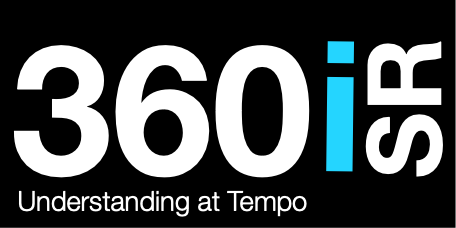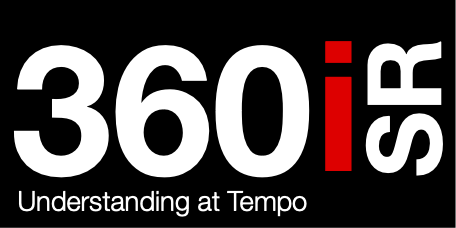The Long Game
If you strike me down, I will become more powerful than you can ever imagine...

Western news coverage of the Ukraine crisis is a clear gauge as to the importance the events have to the audiences across Europe and America. It was clear in the opening weeks of the invasion that the outrage was real. Western leaders clambered for soundbites and headlines all stating, in one breath, that the invasion was the greatest global crime since the second world war, and in the second breath stating that they would not send troops, instead they would sent arms and money and, importantly global news coverage. Hoping that, in the words of Obi-wan Kanobi, “If you strike me down, I will become more powerful than you can ever imagine.” The narrative war, so often the go to weapon system of Putin, was now employed against him.
Narrative war is a contest of wills over extended periods. In this era of 140 characters and 60 seconds of video, does the western audience have the endurance for such an engagement; and if they do not, the western media, so keen for ratings and likes will quickly move a more prominent story to the front page. As the story stagnates, journalists will look for the angle: maybe it will be General Sir Nick Parker and his claim that NATO has been defeated, maybe it will be the humanitarian issue of the rising death toll on both sides of the conflict. Will we be able to stay the course and keep true to the narrative or will we salivate, like Pavlov’s dogs, awaiting the next juicy sensation fed to us by the media?
In October, 2001 I was part of the UK military team that was involved in Day 1 of the Afghan conflict. Backed by the global outrage following 9/11 we conducted our mission with the full support of western media. It was not dissimilar to the opening period of the Ukraine conflict. All was progressing well, day after day the BBC reported that the UK forces were defending democracy and dealing a blow to global terrorism. After about 4 weeks of this positive coverage the narrative shifted slightly; still positive, some commentators thought we should have more decisive victories quicker. One could sense boredom in the audience: the Afghan conflict was no longer the first story. Then, 6 weeks into the conflict a UK aircraft fired a missile at a validated target. The missile malfunctioned and a young girl was killed as the uncontrolled missile hit a market. Regardless of the 9/11 outpouring and the outstanding military successes to that point, the audience was ready for a narrative change and commentators, emerged from their dormancy to call for the withdrawal of UK forces from Afghanistan as, it was evident, that we were not doing good, but killing civilians.
We are nearing that point now, and Putin knows it. Maybe the greatest miscalculation the west has made is the longevity of interest. Putin controls the media in Russia, he can, to a degree, regulate the general public in Russia sees, hears and ultimately believes. A liberal democracy does not have that convenience. They are at the mercy of media outlets fighting for relevance amongst their audiences. In the narrative war, Russia has the advantage as they control the narrative that is presented to their target audience, whereas we are left with ambulance chasers and thrill seekers.




